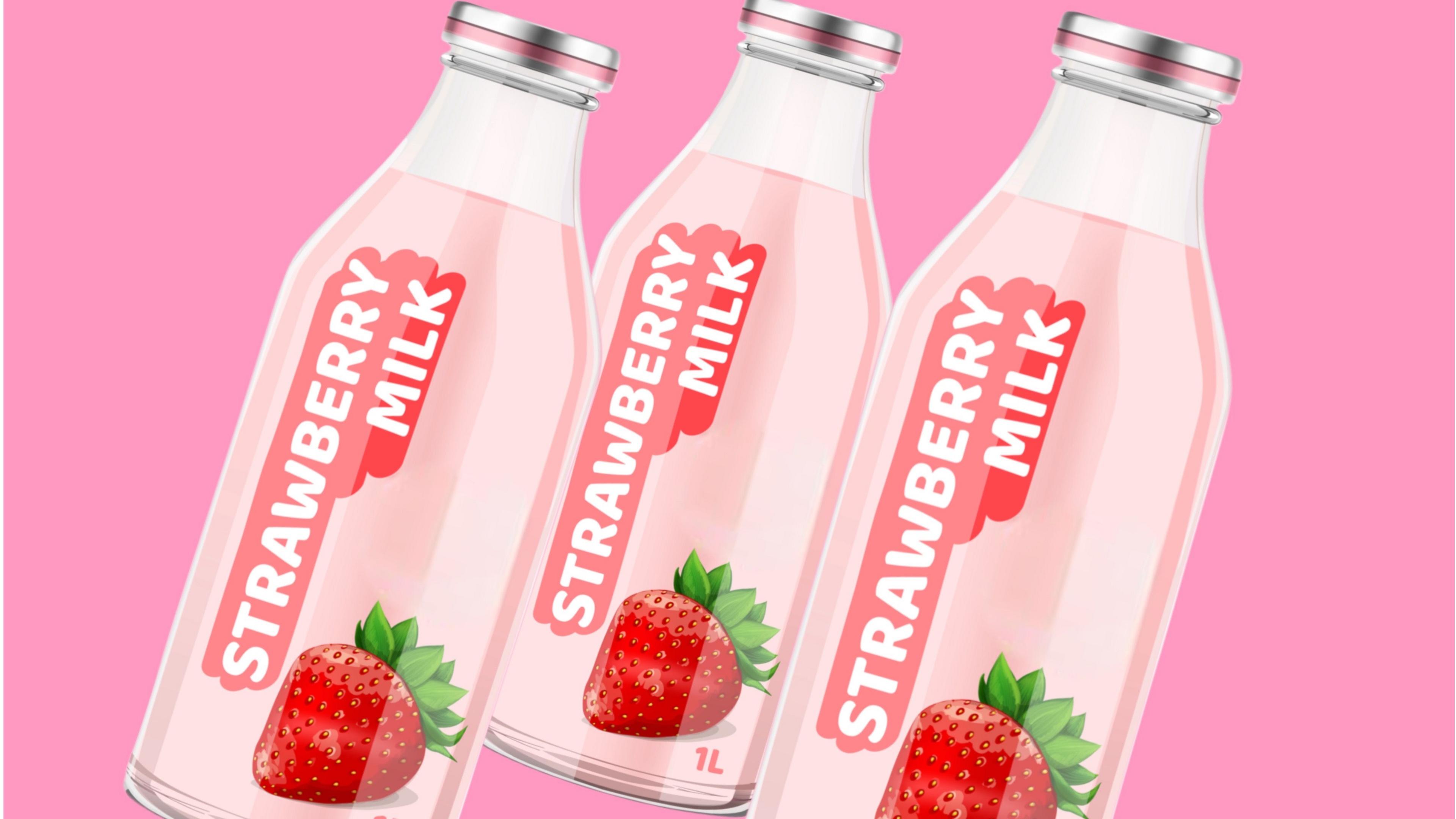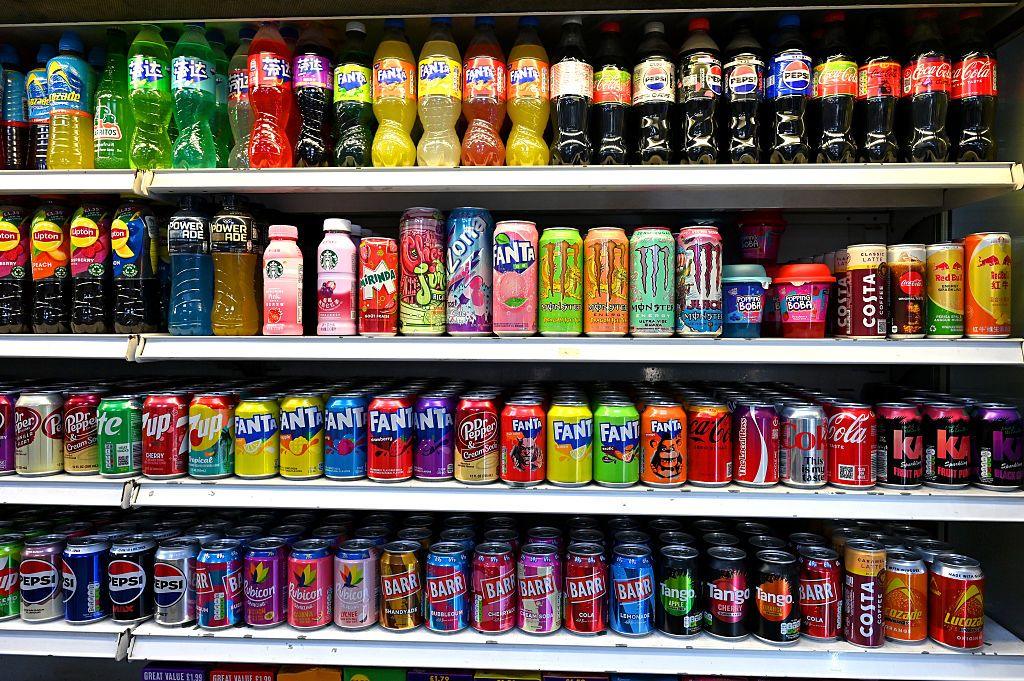Government to tax sugary milk drinks in new health plan

- Published
Some drinks in UK shops could get more expensive or taste a little bit different.
From January 2028, the government is adding milkshakes, sweet coffee drinks, and sweetened plant-based milks (like soya or oat milk) to be included in its sugar tax.
This is money paid by companies if they make drinks with a certain amount of sugar in them.
The government will also lower the sugar content threshold at which the tax applies, from 5g to 4.5g of sugar per 100ml.
The government says it is part of its plan to help tackle obesity.
It says companies which make these drinks will have to reduce the sugar they contain or face paying the tax.
The British Soft Drinks Association says the lowered threshold will be expensive for business but was relieved it wasn't reduced to 4g per 100ml, which the government had been considering.
Health and Social Care Secretary Wes Streeting announced the tax in the House of Commons on Tuesday, ahead of Wednesday's Autumn Budget.
Officially called the Soft Drinks Industry Levy, it was first introduced in 2018 under the Conservative government.
It already applies to fizzy and sugary drinks sold in cans and bottles.
Now, it will also cover milk-based drinks with added sugar.
These were left out before because milk contains calcium, which is good for bones and encouraged in children and young people's diets.
But some milkshakes and coffee drinks have lots of added sugar, so the rules are changing.

What does this mean?
Companies must cut the amount of sugar in their products or pay the tax.
If they pay, drinks might cost more or, if they reduce sugar, then they might taste less sweet.
The tax does not apply to drinks made fresh in cafés, restaurants, or bars. So, for example, a milkshake made up fresh won't be taxed. It only applies to pre-packaged drinks sold in shops.
Drinks which only contain natural sugars, such as plain cows' milk and pure fruit juice, are also not part of the tax. Unsweetened plant-based milks are also not included.
Judith Bryans, chief executive of industry body Dairy UK, said it was "disappointing" that government had decided to expand the sugar levy to include milky drinks because they provide "a range of nutrients". But she said she was glad that lactose, which is a natural sugar found in dairy products, was not going to be included in the tax.
Since 2018, sugar in soft drinks has dropped by 46%, says the government. But government research shows children still eat double the recommended sugar, and obesity rates remain high.
